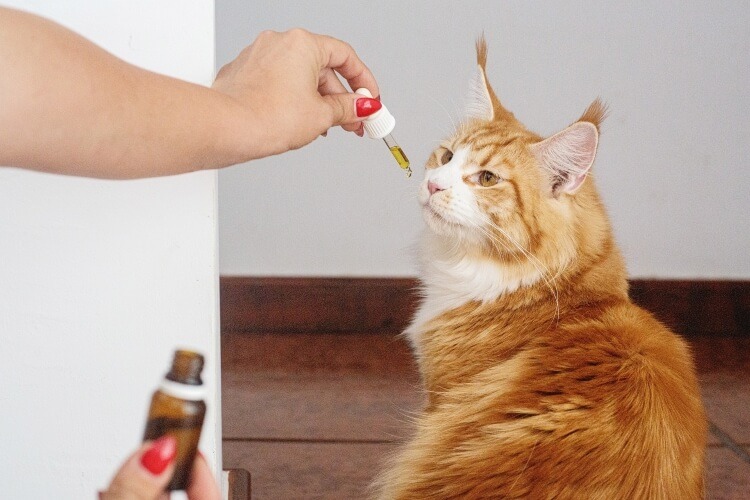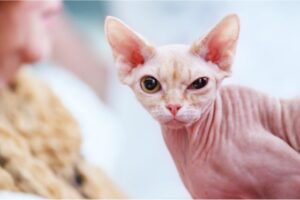Cats are incredible companions, bringing joy and warmth to our homes. However, like all living creatures, they can sometimes fall ill. Recognizing the signs of a sick cat is a crucial skill for any responsible cat owner.
In this article, “How to Recognize the Signs of a Sick Cat,” we’ll delve into the subtle and not-so-subtle signals that your beloved feline friend might be unwell.
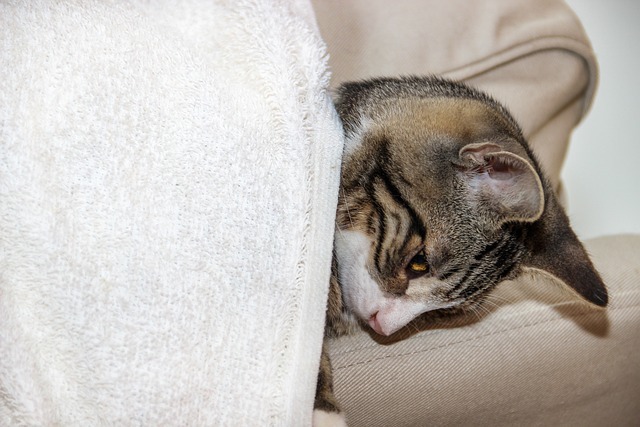
As a passionate cat lover myself, I understand the worry and concern that comes with seeing your furry companion in distress. Together, we’ll explore the common indicators of feline illness, providing you with the knowledge to detect issues early and seek timely veterinary care.
Whether you’re a seasoned cat owner or a newcomer to the world of feline companionship, understanding your cat’s health is essential. Join me in this exploration of cat health as we empower you to be the best caretaker for your whiskered family member. Let’s ensure your cat enjoys a long, happy, and healthy life by learning how to spot the signs of illness.
How to identify early signs of cats’ illness?
Changes in Eating Habits
Cats are notorious for their independent natures, but when it comes to their health, they often rely on us to notice changes. One of the earliest indicators of a sick cat is a shift in its eating habits. As a dedicated cat owner, you likely know your feline friend’s dietary preferences inside and out. So, when they suddenly show disinterest in their favorite treats or food bowl, it’s a red flag.
In this section, we’ll explore how alterations in your cat’s eating habits can be a crucial clue that something might be amiss. We’ll discuss the various eating-related signs to watch for, such as appetite changes, increased or decreased thirst, and any sudden aversion to specific foods. By paying close attention to your cat’s dining behavior, you can catch potential health issues early and take the necessary steps to ensure their well-being.
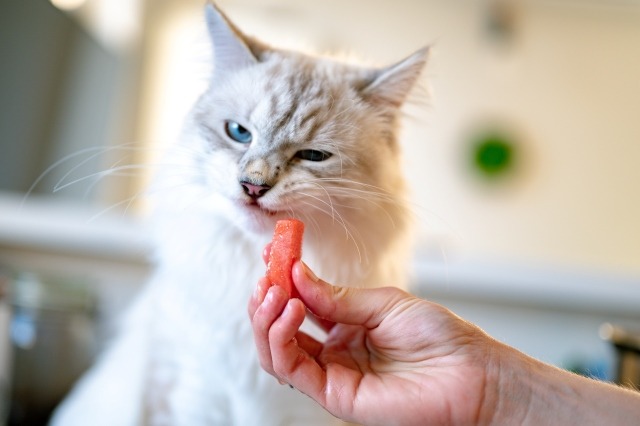
Join me as we decode the subtle language of your cat’s appetite and delve into the nuances that can help you recognize the signs of a sick cat, ensuring it receives the care it needs promptly.
Altered Behavior and Lethargy
Cats have distinctive personalities, and their behavior can speak volumes about their health. When a typically playful and energetic cat suddenly becomes lethargic or exhibits unusual behavior, it’s time to take notice. Changes in behavior, such as hiding more than usual, excessive grooming, or increased aggression, can all indicate that your cat isn’t feeling their best.
Changes in Grooming Patterns
Cats are meticulous groomers, and their grooming routines are a window into their overall well-being. When a cat’s grooming habits change, it’s time to take notice. An excessive decrease or increase in grooming can indicate various underlying health issues.
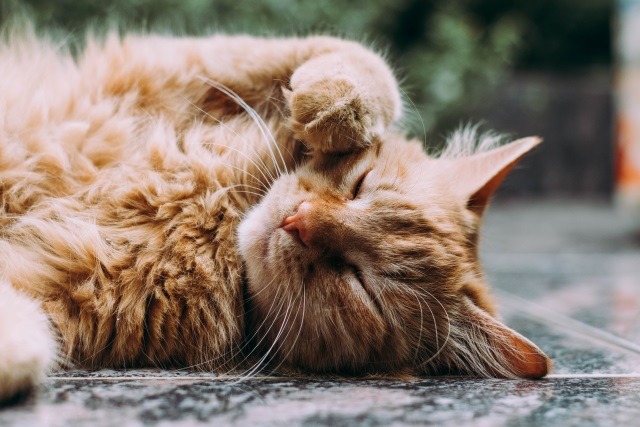
Understanding these nuances can help you spot potential health problems early and ensure your cat receives the care they need. Join me as we unravel the mysteries of feline grooming and discover how changes in grooming behavior can serve as important signals for a sick cat, allowing you to provide timely attention and support.
Unusual Vocalizations
Cats have a language all their own, and their vocalizations can provide essential clues about their well-being. When your typically quiet cat suddenly becomes more vocal or, conversely, grows unusually quiet, it’s worth paying attention. Changes in the pitch, frequency, or intensity of your cat’s meows and purrs can be indicative of an underlying health issue.
Understanding your cat’s vocal cues and recognizing any unusual sounds or patterns can help you detect potential problems early. By tuning into their unique vocalizations, you’ll be better equipped to provide them with the care and attention they may require when not feeling their best.
Respiratory Issues
A cat’s breathing should be effortless and quiet. Any deviation from normal respiratory patterns can signal a problem. Wheezing, coughing, or labored breathing can be indicative of respiratory issues in cats.
Understanding these respiratory changes is essential for recognizing potential health problems early. By paying attention to your cat’s breathing and seeking veterinary care if you notice any irregularities, you can help ensure your furry friend receives the necessary treatment and support for respiratory concerns.
Changes in Litter Box Habits
Monitoring your cat’s litter box habits is a crucial aspect of cat ownership and health observation. Cats are known for their cleanliness, and any alterations in their litter box behavior can indicate underlying issues.
In this section, we’ll explore how changes in litter box habits, such as frequent urination, straining, or avoiding the box altogether, may point to health concerns. Recognizing these signs early can lead to prompt veterinary intervention, ensuring your cat’s well-being.
Join me as we delve into the importance of observing your cat’s litter box behavior and deciphering the clues it provides about their health. Your attentive care and quick action can make a significant difference in addressing potential problems.
Vomiting and Diarrhea
Vomiting and diarrhea are common symptoms of various cat illnesses, and they should never be ignored. These digestive issues can indicate a range of underlying health problems in your feline friend. Monitoring your cat’s litter box habits is essential for detecting such issues.
Understanding these gastrointestinal changes is crucial for recognizing potential health problems early. By paying close attention to your cat’s litter box and seeking veterinary care if you notice persistent vomiting or diarrhea, you can ensure your cat receives the necessary treatment and support for digestive concerns.
Changes in Appearance
Our cat’s appearance is a reflection of its overall health. When your cat is well, their fur should be smooth and glossy, their eyes clear and bright, and their body at a healthy weight. Any changes in their appearance can be a sign that something is amiss.
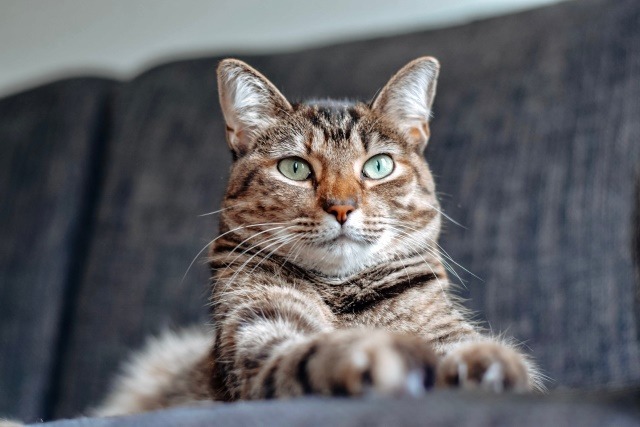
Dehydration
Dehydration in cats can be a critical concern, and it’s crucial to be vigilant about recognizing its signs. While cats typically have a lower thirst drive compared to dogs, they still require proper hydration for optimal health. Understanding how to identify dehydration, such as dry gums, sunken eyes, or decreased skin elasticity, can help you take swift action to rehydrate your feline companion or seek veterinary care when necessary.
Eye and Nose Discharge
Examining your cat’s eye and nose discharge can provide valuable insights into their health. While cats may occasionally have clear, watery discharge due to environmental factors, persistent or unusual changes warrant attention.
Eye Discharge: If you notice a sudden increase in eye discharge or a change in color (e.g., yellow or green), it could signal an infection or an underlying health problem. For instance, conjunctivitis, a common eye condition in cats, often results in redness, discharge, and squinting.
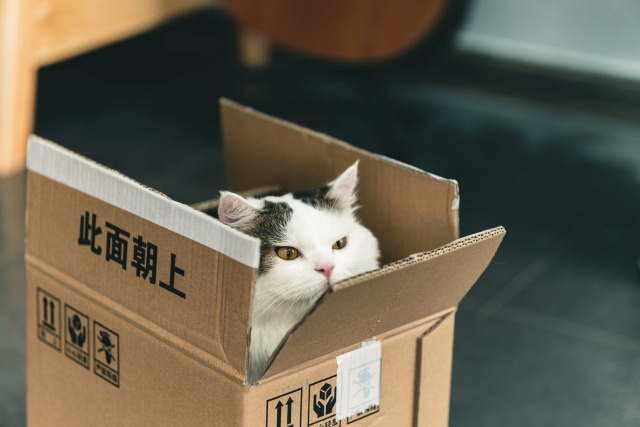
Nose Discharge: While some cats may have clear or slightly watery nasal discharge, thick or discolored discharge, especially when accompanied by sneezing or coughing, can indicate respiratory issues like infections or allergies.
Combined Symptoms: It’s essential to consider the overall picture. For example, if your cat has both eye and nose discharge, along with sneezing and coughing, it may indicate a respiratory infection.
Understanding these changes in eye and nose discharge is crucial for recognizing potential health problems early. By paying attention to any unusual discharge, you can ensure your cat receives the necessary treatment and support for any issues affecting their eyes or respiratory system.
Dental Issues
Oral health is a vital aspect of your cat’s overall well-being, and dental issues can impact their quality of life. Paying attention to your cat’s dental health is crucial for their comfort and longevity.
Signs of Dental Problems: Keep an eye out for signs such as bad breath, reluctance to eat, drooling, pawing at the mouth, or changes in chewing habits. Dental problems, including gum disease, tooth decay, or fractured teeth, can lead to discomfort and pain for your feline companion.
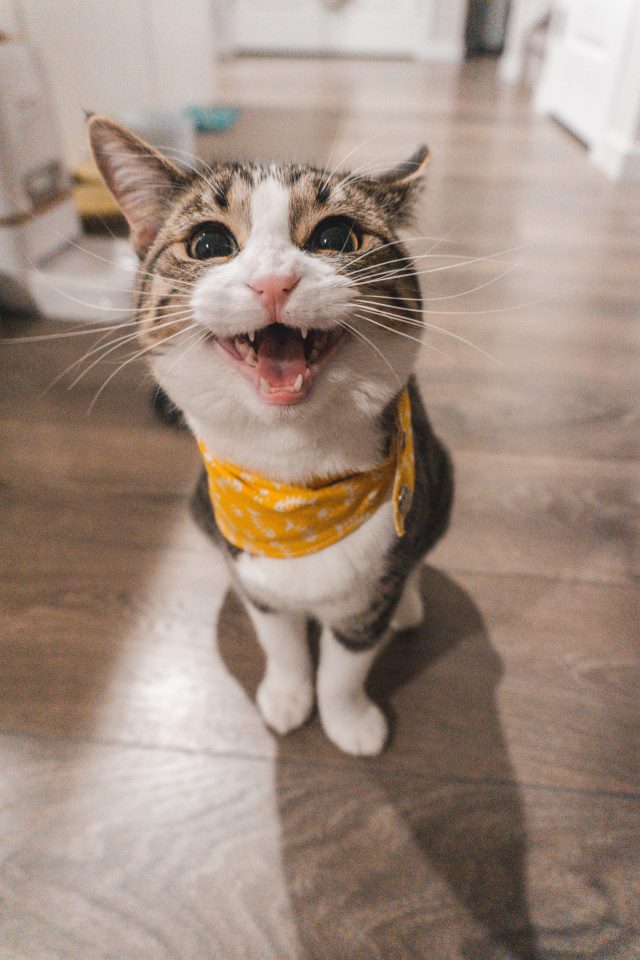
Preventive Care: Regular dental check-ups with your veterinarian are essential. They can perform dental cleanings and address any emerging dental issues early. Additionally, providing dental-friendly toys or treats and brushing your cat’s teeth (if they tolerate it) can help maintain their oral hygiene.
Understanding the signs of dental problems and taking proactive steps for preventive care will ensure your cat’s continued comfort and well-being. Dental health plays a significant role in their overall quality of life.
Changes in Drinking Habits
Monitoring your cat’s drinking habits is an essential part of pet care. Cats are known for their independent nature, and their water intake can provide valuable clues about their health.
Increased Thirst: If you notice your cat drinking significantly more water than usual, it could be a sign of underlying health issues such as diabetes, kidney disease, or hyperthyroidism.
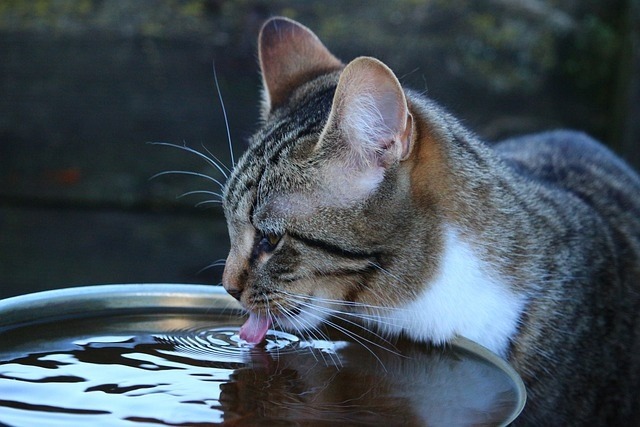
Decreased Thirst: Conversely, a sudden decrease in your cat’s water intake may indicate problems like urinary tract issues or dental pain, making it uncomfortable for them to drink.
Understanding your cat’s typical drinking patterns and recognizing any significant deviations is crucial. Changes in drinking habits can be an early indicator of health problems, and prompt attention and veterinary care can make a significant difference in your cat’s well-being.
Unexplained Weight Changes
Keeping an eye on your cat’s weight is essential for their overall health. Sudden or unexplained weight changes can be indicative of various underlying issues, and it’s crucial to address them promptly.
Weight Loss: If your cat is losing weight without a change in their diet or activity level, it could be a sign of underlying problems such as hyperthyroidism, diabetes, or gastrointestinal issues.
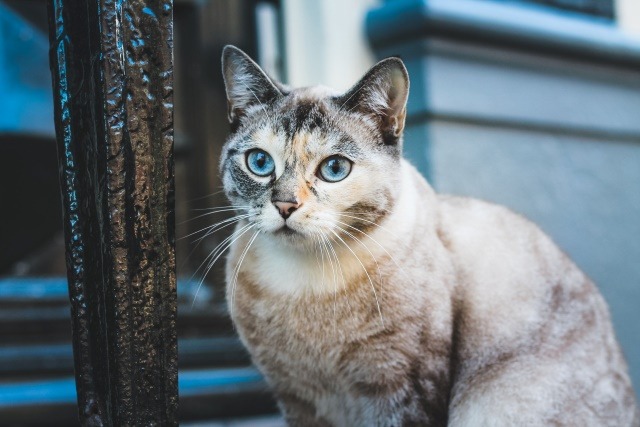
Weight Gain: Conversely, unexpected weight gain may also be a concern, potentially linked to issues like obesity, hormonal imbalances, or dietary factors.
Body Condition Scoring: Familiarize yourself with body condition scoring, a system used by veterinarians to assess a cat’s weight and body condition. Regularly monitoring your cat’s body condition can help you detect subtle changes that may indicate health issues.
Addressing unexplained weight changes in your cat is essential for maintaining their well-being. Consult your veterinarian if you notice significant fluctuations in your cat’s weight to determine the underlying cause and appropriate steps for their care.
Changes in Body Posture
Cats are known for their graceful and agile movements, and their body posture can convey a lot about how they’re feeling. Paying attention to any unusual changes in your cat’s posture is crucial for early detection of health issues.
Hunched Posture: If your cat adopts a hunched or tense posture for an extended period, it could indicate discomfort or pain. This may be associated with issues like digestive problems, back pain, or even urinary tract issues.
Lethargy and Collapsed Posture: If your typically active cat appears lethargic and frequently assumes a collapsed or low-energy posture, it may signify underlying health problems, such as infection or illness.
Difficulty Moving: Notice if your cat struggles to move normally, limps, or hesitates before jumping. These signs may point to joint issues, arthritis, or other musculoskeletal problems.
Promptly seeking veterinary care when you notice unusual body postures can help address potential health concerns and ensure your cat’s comfort and well-being.
Behavioral Changes
Cats have unique personalities, and they often express themselves through their behavior. Subtle or dramatic changes in your cat’s behavior can be a signal that something is amiss with their health.
Aggression or Irritability: If your usually docile cat becomes unusually aggressive or irritable, it may be due to pain or discomfort. This can result from various issues, including dental problems, arthritis, or illness.
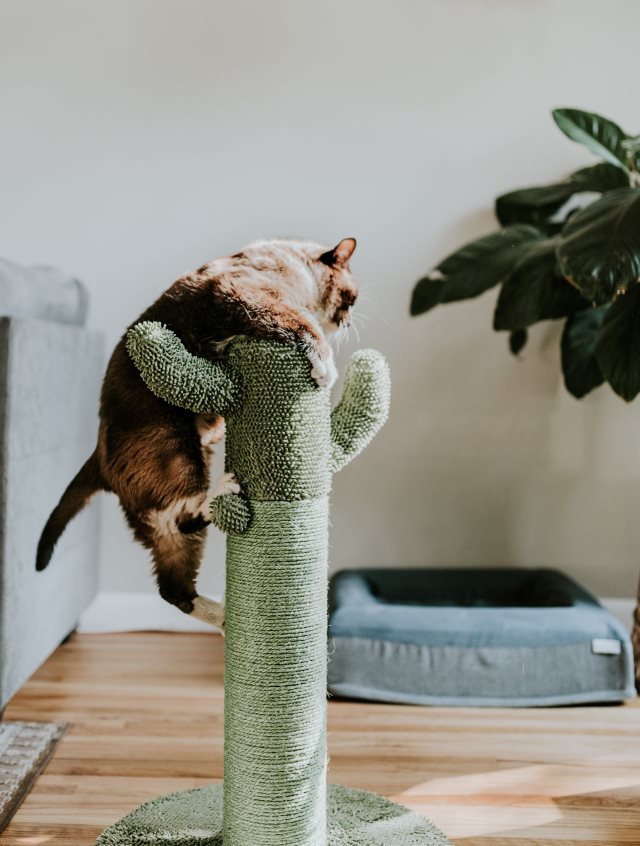
Withdrawal or Hiding: Cats may withdraw or hide when they’re not feeling well. If your social cat suddenly becomes reclusive, it could indicate stress, anxiety, or illness.
Excessive Vocalization: An increase in vocalization, especially in senior cats, can be a sign of cognitive dysfunction or underlying health problems.
Changes in Play or Grooming: A lack of interest in play or grooming can indicate discomfort or illness.
Behavioral changes can provide valuable insights into your cat’s well-being, and addressing these changes promptly is vital for their comfort and happiness.
Final Thoughts
Caring for your beloved feline companion involves more than just providing food and shelter. It requires keen observation and an understanding of the subtle signals your cat may be sending. Recognizing the signs of a sick cat, from changes in eating habits to behavioral shifts, is essential for ensuring their well-being.
As a responsible cat owner, your vigilance and prompt action can make all the difference in addressing potential health concerns. Regular veterinary check-ups, maintaining a clean and safe environment, and offering love and companionship all contribute to a happy and healthy life for your cherished pet.
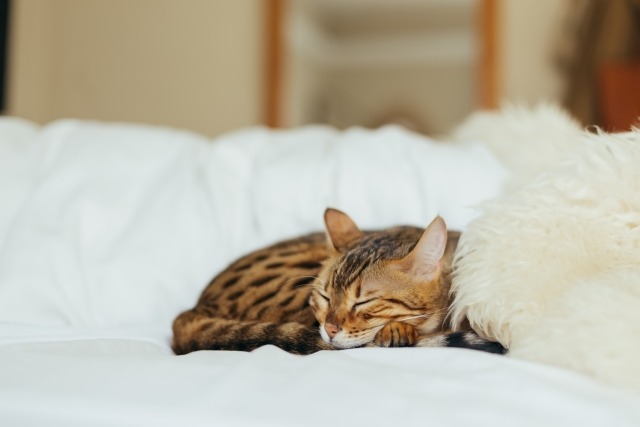
By staying attuned to your cat’s needs and seeking professional care when necessary, you can help them enjoy a long, comfortable, and fulfilling life by your side. Your commitment to their well-being is a testament to the special bond between cats and their devoted owners.
FAQs:
Can stress cause changes in a cat’s behavior?
Yes, stress can indeed cause changes in a cat’s behavior. Cats are sensitive creatures, and various stressors, such as changes in their environment, the introduction of new pets, or even loud noises, can lead to behavioral alterations. Paying attention to these changes and addressing the underlying stressors is crucial for your cat’s well-being.
How often should I check my cat’s litter box for changes?
Regularly monitoring your cat’s litter box habits is a good practice. Daily checks are ideal to ensure you catch any sudden changes in urination or feces. Changes in frequency, color, or consistency can be early indicators of health problems, and prompt attention is essential.
Can I treat my cat’s dental problems at home?
While you can take steps to maintain your cat’s dental health at home, such as providing dental-friendly treats or toys and brushing their teeth if they tolerate it, it’s essential to consult with a veterinarian for proper dental care. Dental problems often require professional attention, including cleanings and treatments that can’t be done at home.
When should I seek professional help for my sick cat?
You should seek professional veterinary help for your sick cat as soon as you notice any concerning signs. Whether it’s changes in behavior, eating habits, appearance, or litter box habits, early intervention is crucial. Don’t hesitate to contact your veterinarian whenever you have doubts about your cat’s health to ensure timely diagnosis and treatment.
You may also like
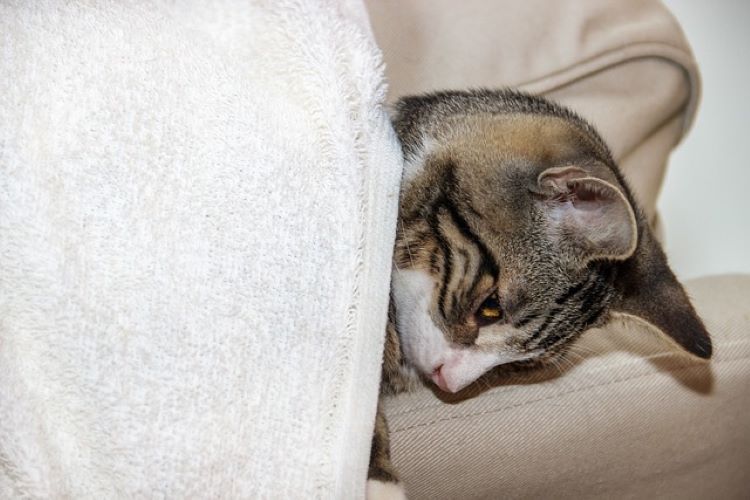
How to Recognize the Signs of a Sick Cat
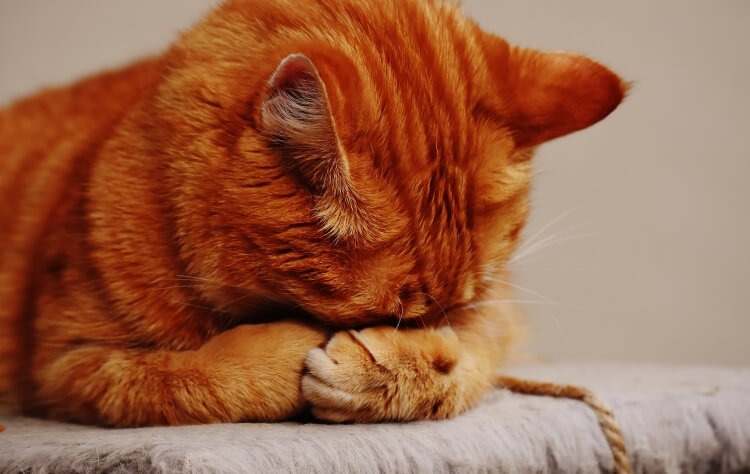
5 Common Health Issues in Cats and How to Prevent Them
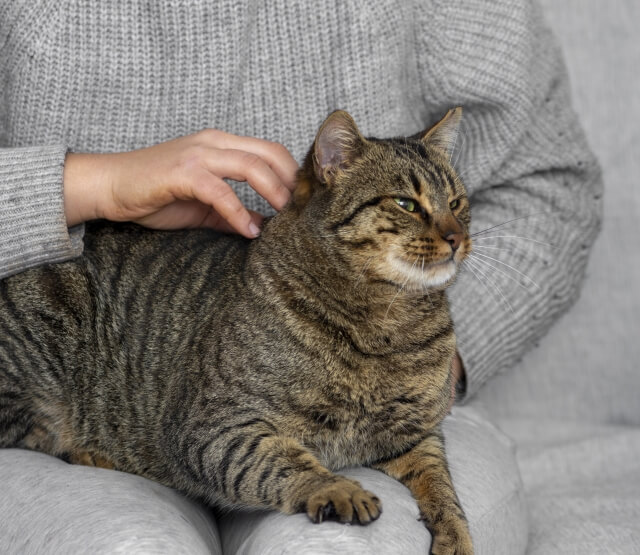
The Connection Between Your Cat’s Weight and Their Health
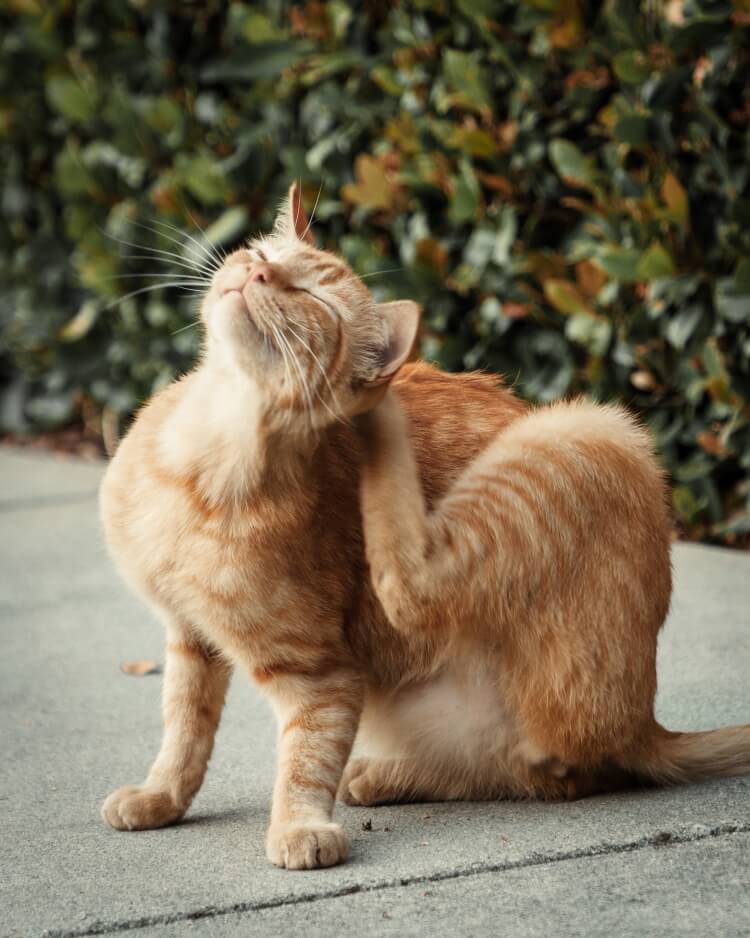
The Dangers of Fleas and How to Protect Your Cat
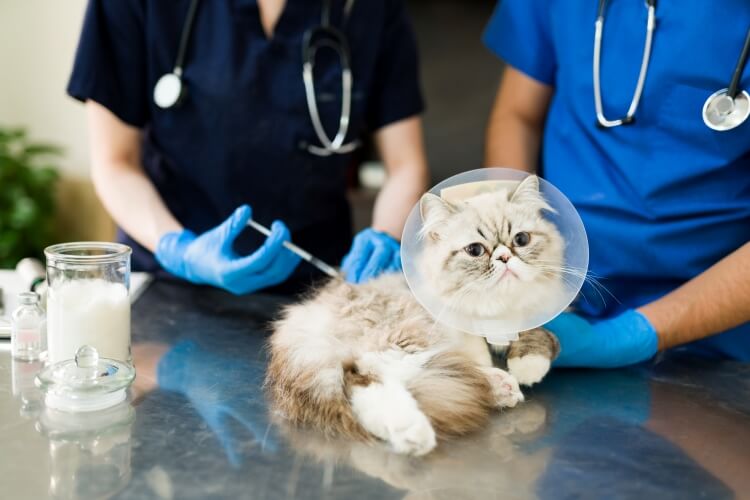
The Importance of Regular Vet Check-ups for Your Furry Friend
